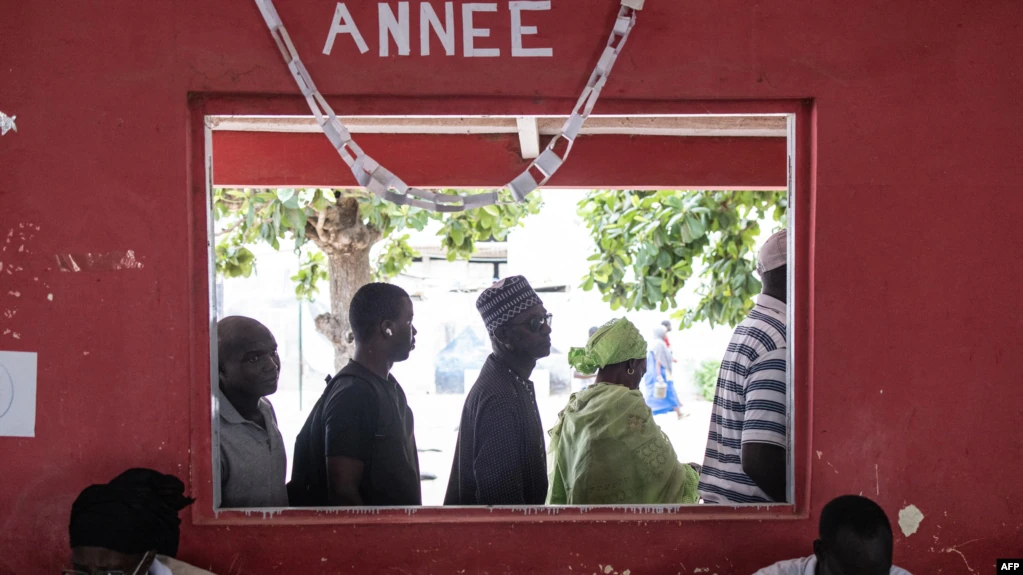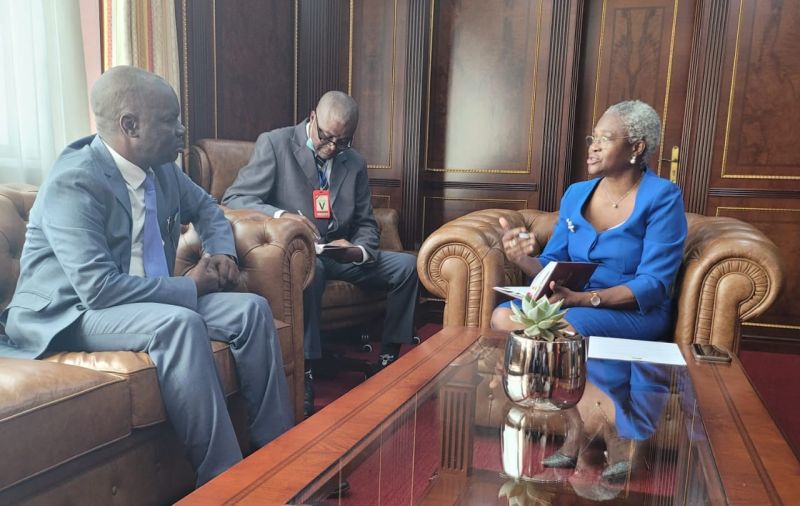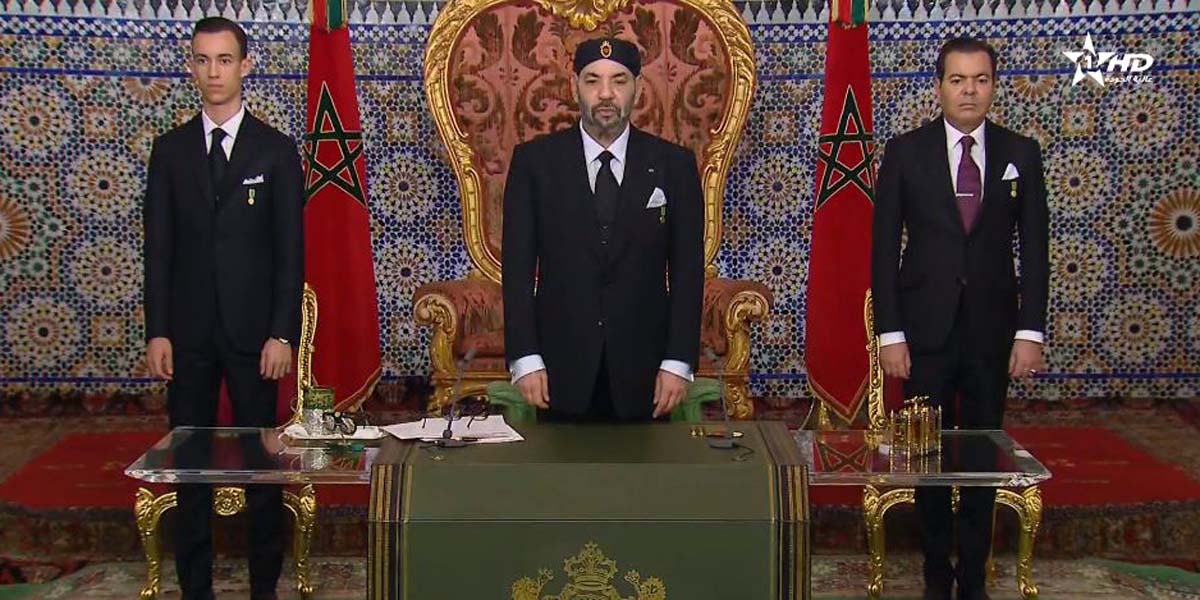As polls have closed in Senegal’s parliamentary elections Sunday, both the ruling and the opposition parties claimed victory Monday as provisional vote tallies came in.
Former Prime Minister Aminata Toure, who heads the ruling coalition, announced on national television that the party had won 30 out of 46 administrative departments.
“This undoubtedly gives us a majority in the National Assembly,” she said, adding that Presidenr Macky Sall’s ruling coalition will hold on to its majority.
the main opposition coalition, which hopes the vote will force a coalition with President Sall and curb any ambitions he may hold for a third term, said in a statement Monday that it has defeated the ruling party in most departments.
“The provisional results from the legislative elections show that President Macky Sall lost the elections … and that he will not have a majority in the National Assembly,” it said.
Senegal’s parliamentary elections pitted the president’s ruling party against an opposition coalition energized by food price hikes and fears the incumbent leader could run for a controversial third term in 2024. Partial results were published late on Sunday (31 July) with provisional overall figures to be given no later than Friday. Approximately seven million voters are eligible to elect 165 deputies in the National Assembly amid a politically tense atmosphere in the West African nation.
Tensions have run high in the politically stable West African country since violent protests broke out last year after Sall’s main opponent Ousmane Sonko, who came third in the last 2019 presidential election, was arrested on rape charges. Sonko denies the allegations. Frustrations with economic hardship brought by the coronavirus pandemic have been stoked by fuel and food price hikes linked to the war in Ukraine – raising ire against a president accused of stifling his rivals and failing on promises to improve livelihoods.
Some opponents fear Sall will breach a constitutional two-term limit and run again in 2024, an option he has neither confirmed nor denied. Amid growing discontent, opposition parties hope the ruling Benno Bokk Yakaar coalition will see its parliamentary majority slip below the 125 out of 165 seats it currently occupies in the National Assembly.
Senegal’s hybrid election system includes both representatives who win a majority of votes in their administrative departments, as well as representatives elected from national lists, using proportional representation. In addition, some representatives are chosen by Senegalese who live abroad.



